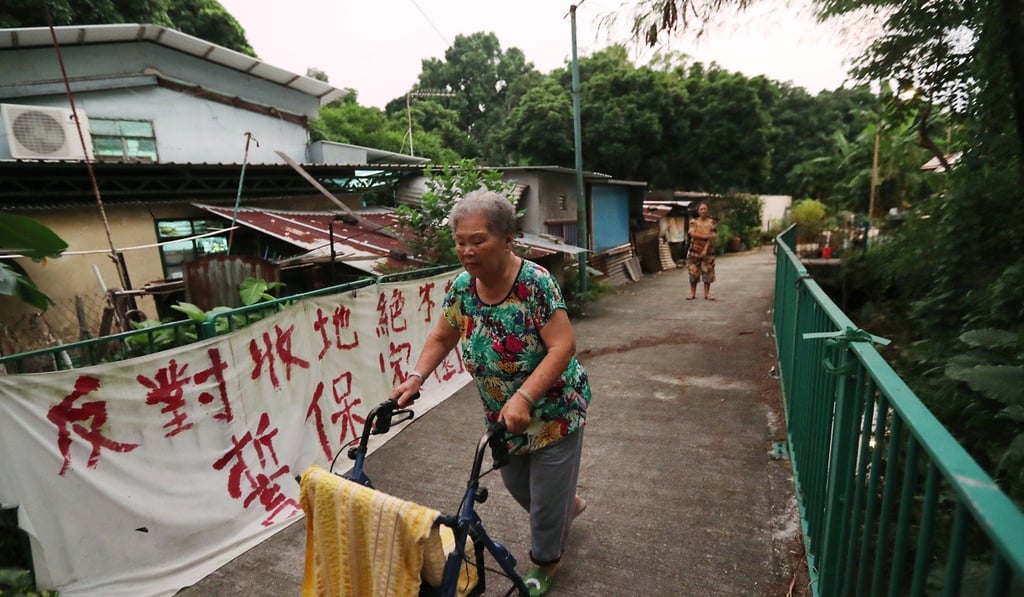Lawmakers question unusual drop in development cost of controversial Wang Chau public housing project in Hong Kong
- Legislators ask if there has been a mistake in the estimate, singling out consultancy Arup for blame and pointing to a previous violation by firm
- Concern centres on new evaluation leading to income loss for workers, but government says drop is expected amid economic downturn

A fresh round of controversy has surfaced over the Wang Chau public housing project in Hong Kong, with lawmakers questioning an unusual drop in development cost from HK$2.39 billion (US$307.3 million) to HK$1.8 billion, even as the legislature approved funding.
At the Legislative Council’s Finance Committee meeting on Friday, some pan-democrats raised concerns over the change in estimated cost and whether this reflected a systemic flaw in evaluation, as well as a loss of income for workers.
In land-starved Hong Kong, cost overruns are common problems in construction projects, with keen competition for labour and resources driving up prices.
The Wang Chau housing project previously drew heavy public criticism, with the government accused of bowing to pressure from rural landlords and using a green belt zone for development instead of a nearby brownfield, an environmentally damaged agricultural area.
At least 180 households – or some 400 people – living in three villages on the green belt were evicted in 2018. The residents were non-indigenous, meaning they had no traditional rights protected by law.

The estimated cost is for site formation and infrastructure works for the first phase of the project in Yuen Long. Completion is expected in 2025-26, yielding 4,000 flats for a population of about 12,300.
